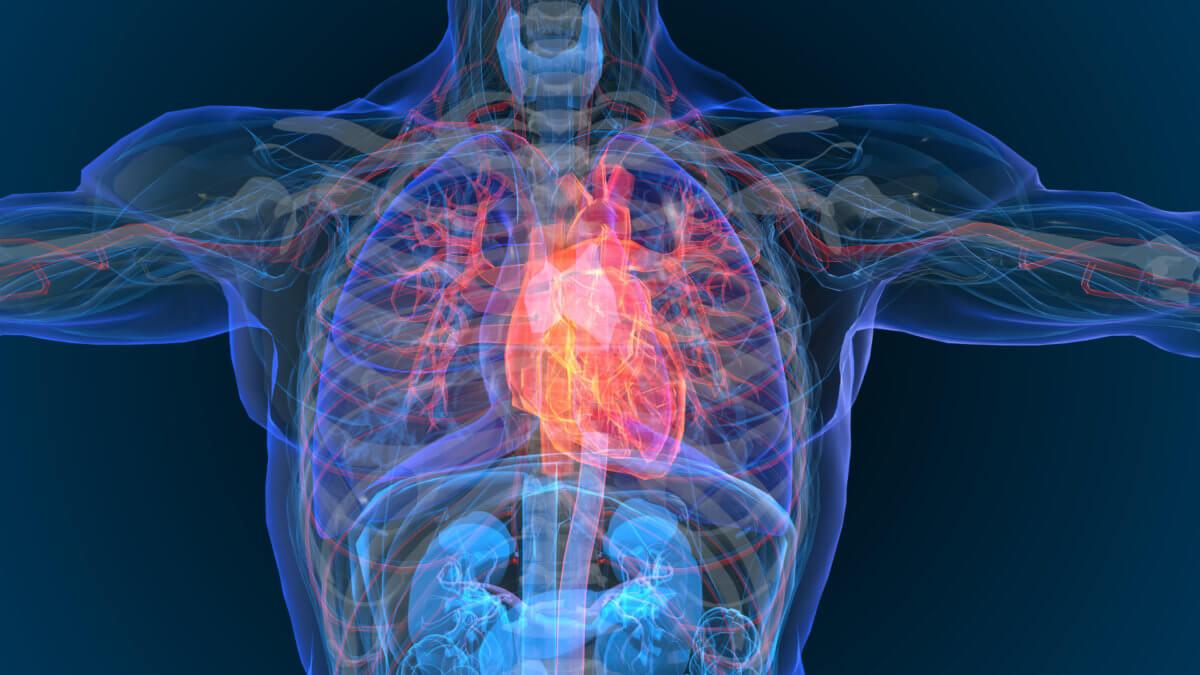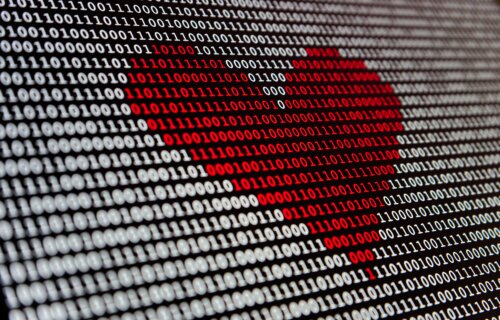LOS ANGELES — Everybody makes mistakes from time to time, but does every bot? Researchers from Cedars Sinai Medical Center say artificial intelligence (AI) proved more accurate at analyzing and diagnosing cardiac function in comparison to echocardiogram assessments made by human ultrasound technicians.
These eye-opening findings come from a first-of-its-kind, blinded, randomized clinical trial focusing on the use of AI in cardiology, led by investigators in the Smidt Heart Institute and the Division of Artificial Intelligence in Medicine at Cedars-Sinai.
“The results have immediate implications for patients undergoing cardiac function imaging as well as broader implications for the field of cardiac imaging,” says study senior author and cardiologist David Ouyang, MD, principal investigator of the clinical trial, in a media release. “This trial offers rigorous evidence that utilizing AI in this novel way can improve the quality and effectiveness of echocardiogram imaging for many patients.”
Study authors are confident that this AI tech will benefit countless patients once they deploy it across the clinical system at Cedars-Sinai and health systems nationwide.
“This successful clinical trial sets a superb precedent for how novel clinical AI algorithms can be discovered and tested within health systems, increasing the likelihood of seamless deployment for improved patient care,” notes Sumeet Chugh, MD, director of the Division of Artificial Intelligence in Medicine and the Pauline and Harold Price Chair in Cardiac Electrophysiology Research.

AI was 10% more accurate than human technicians
Researchers at the Smidt Heart Institute and Stanford University developed the AI used for this project in 2020. The system is among the first AI technologies to assess cardiac function, specifically, left ventricular ejection fraction, considered an essential measurement of heart health used in diagnosing cardiac function.
This latest work investigated how accurate the AI is in comparison to a human medical professional. Researchers assessed if AI was more accurate in evaluating 3,495 transthoracic echocardiogram studies by comparing initial assessment by AI or by a sonographer (ultrasound technician).
This approach led to a number of noteworthy findings, including:
- Cardiologists more frequently agreed with the AI initial assessment and made corrections to just 16.8 percent of the initial assessments made by AI.
- Cardiologists made corrections to 27.2 percent of the initial assessments made by the human sonographers.
- Physicians couldn’t to tell which assessments came from AI, and which came from humans.
- The AI assistance saved both cardiologists and sonographers time.
“We asked our cardiologists to guess if the preliminary interpretation was performed by AI or by a sonographer, and it turns out that they couldn’t tell the difference,” Dr. Ouyang explains. “This speaks to the strong performance of the AI algorithm as well as the seamless integration into clinical software. We believe these are all good signs for future AI trial research in the field.”
AI could be a medical time saver
Ideally, Dr. Ouyang says the AI will save clinicians time and minimize the more tedious aspects of the cardiac imaging process. It’s important to stress here that the human cardiologist is still absolutely the final expert adjudicator of the AI model output. Additionally, this clinical trial and published research has also shed some much needed light on the opportunity for regulatory approvals.
“This work raises the bar for artificial intelligence technologies being considered for regulatory approval, as the Food and Drug Administration has previously approved artificial intelligence tools without data from prospective clinical trials,” concludes Susan Cheng, MD, MPH, director of the Institute for Research on Healthy Aging in the Department of Cardiology at the Smidt Heart Institute and co-senior author of the study. “We believe this level of evidence offers clinicians extra assurance as health systems work to adopt artificial intelligence more broadly as part of efforts to increase efficiency and quality overall.”
The findings appear in the journal Nature.


Heart failure is reversible without surgery. Cardiologists are not taught and they have no incentive to learn. Riding that gravy train, high on cocaine.